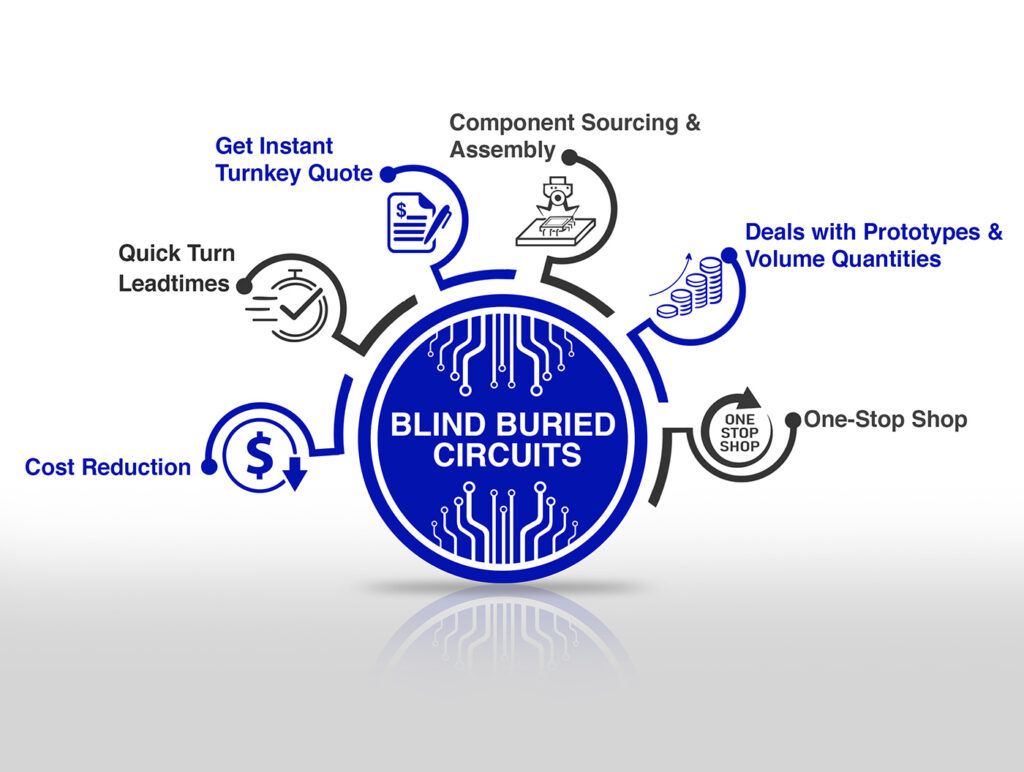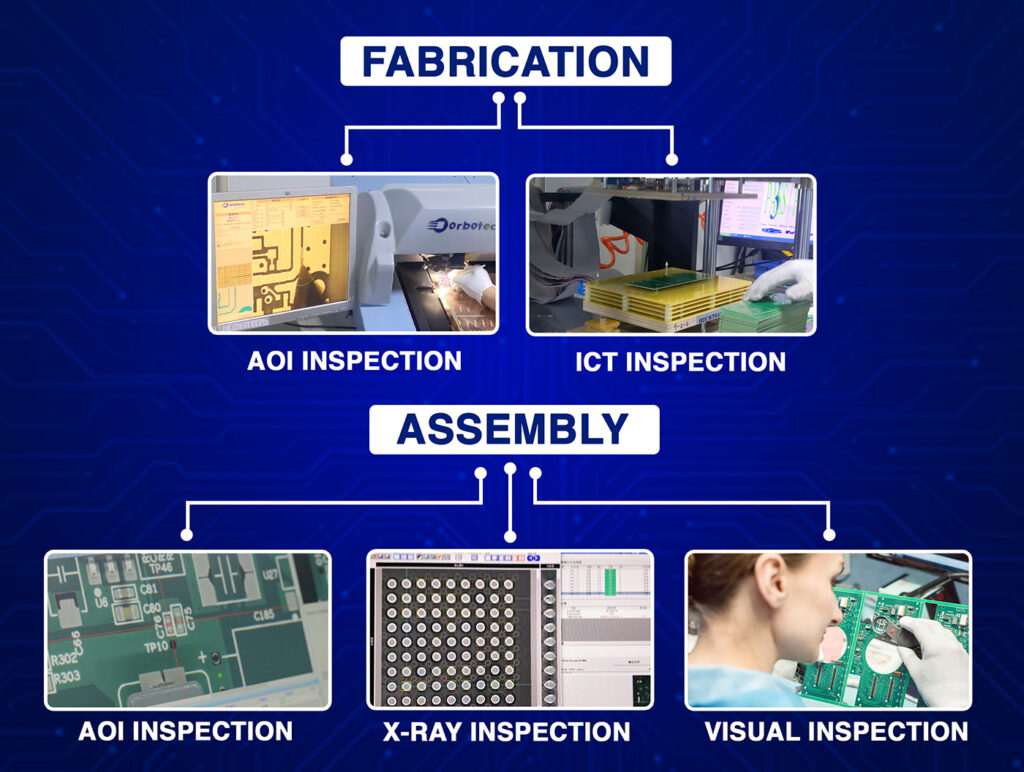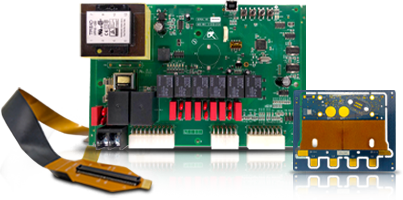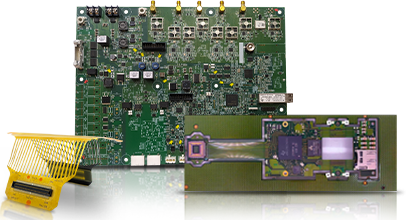Medical devices have transformed healthcare, improving diagnostics, treatment, and patient care. However, ensuring the reliability of these devices depends on high-quality PCB assembly standards. When it comes to medical PCB manufacturing, there is no room for errors. A minor malfunction in a medical PCB assembly could put lives at risk. For any custom PCB manufacturing company, adhering to strict assembly standards is essential to meet industry regulations, ensure safety, and maintain high performance. From implantable devices to diagnostic machines, custom PCB production must comply with stringent guidelines to ensure durability, reliability, and accuracy.
This blog will discuss the key standards, best practices, and essential considerations in medical PCB manufacturing to help you design and produce high-quality PCBs for medical applications.
Key Standards for Medical PCB Assembly
Medical PCB manufacturing must comply with several industry standards to guarantee patient safety and device reliability. Here are the most critical ones:
1. IPC-6012 and IPC-A-600 (PCB Fabrication and Acceptability)
- Defines the quality and performance requirements for printed circuit boards used in medical applications.
- Ensures PCBs meet stringent reliability and durability standards.
2. IPC-A-610 Class 3 (High-Reliability Electronic Assemblies)
- Used for medical, aerospace, and military PCBs requiring high performance and durability.
- Ensures zero-defect tolerance in soldering, component placement, and finishing.
3. ISO 13485 (Medical Device Quality Management System)
- An essential standard for custom PCB production in medical electronics.
- Ensures consistent quality control in design, production, and testing.
4. FDA 21 CFR Part 820 (Quality System Regulation for Medical Devices)
- Defines strict regulatory requirements for medical device manufacturers.
- Ensures PCBs meet performance and safety criteria before reaching the market.
5. RoHS Compliance (Restriction of Hazardous Substances)
- Medical PCBs must be free from hazardous materials such as lead, mercury, and cadmium.
- Ensures environmental safety and patient protection.
By following these medical PCB assembly standards, manufacturers ensure compliance, safety, and reliability in critical healthcare devices.
Best Practices for Medical PCB Assembly
1. Material Selection for Medical PCBs
The choice of materials plays a crucial role in medical PCB reliability.
Recommended Materials:
- High-Temperature Laminates: Withstand autoclave sterilization in surgical instruments.
- Biocompatible Materials: Used in implantable devices to prevent reactions with human tissues.
- Flexible PCBs: Ideal for wearable medical devices that require durability and flexibility.
Selecting the right materials ensures long-lasting performance and regulatory compliance.
2. High-Reliability Soldering and Component Placement
Medical PCB assembly demands precise soldering and zero-tolerance for defects.
Best Practices:
- Use lead-free soldering to comply with RoHS standards.
- Ensure X-ray inspection of BGA and fine-pitch components to detect defects.
- Use automated optical inspection (AOI) systems to verify solder joints.
A flawless assembly process is critical for medical PCB manufacturing to prevent device failures.
3. Cleaning and Contamination Control
Medical devices must remain free from contaminants that can interfere with performance.
Effective Cleaning Methods:
- Ultrasonic Cleaning: Removes flux residues and contaminants.
- Plasma Cleaning: Ensures PCBs are free from surface impurities before assembly.
- Deionized Water Rinsing: Prevents ionic contamination that can cause PCB failure.
A clean PCB improves device reliability and lifespan in critical healthcare applications.
4. Testing and Quality Assurance in Medical PCBs
To ensure flawless functionality, medical PCBs undergo extensive testing before deployment.
Types of Testing:
- In-Circuit Testing (ICT): Verifies electrical connections and component functionality.
- Functional Testing: Simulates real-world usage to check performance.
- Burn-In Testing: Exposes PCBs to high temperatures to detect early failures.
Testing ensures medical PCB assembly meets the highest reliability standards.
5. Design Considerations for Medical PCBs
Miniaturization and Flexibility
- Wearable medical devices require small, lightweight PCBs.
- Flexible PCBs help create compact, bendable medical electronics.
Power Efficiency and Thermal Management
- Medical PCBs must operate efficiently while managing heat dissipation.
- Proper heat sinks, copper layers, and ventilation improve thermal performance.
EMI Shielding and Signal Integrity
- Medical devices must prevent electromagnetic interference (EMI) for accurate readings.
- Shielding techniques protect sensitive signals from distortion.
Considering these design factors improves medical PCB performance and reliability.
The Future of Medical PCB Manufacturing
Advancements in medical PCB assembly are leading to exciting innovations in healthcare.
Emerging Trends:
- AI-Assisted PCB Design: Enhances accuracy and speed in PCB layout.
- Bioelectronics and Smart PCBs: Enable real-time health monitoring.
- 3D-Printed PCBs: Offer faster prototyping and customization.
The future of medical PCB manufacturing will focus on miniaturization, biocompatibility, and real-time diagnostics.
Why Choose a Reliable Medical PCB Manufacturer?
Working with an experienced PCB board manufacturer ensures:
- Strict Compliance with Medical Standards
- Precision in Custom PCB Production
- Reliable, High-Performance Medical PCBs
- Scalability for Mass Production
A trusted PCB manufacturer like Blind Buried Circuits provides high-quality medical PCB assembly that meets industry demands.
Medical PCBs require strict assembly standards, high-reliability materials, and advanced testing to ensure patient safety and device accuracy. By following best practices in medical PCB manufacturing, you can develop high-performance, life-saving medical devices. For custom PCB manufacturing solutions, partner with Blind Buried Circuits to ensure your medical PCBs meet the highest standards. Contact us today to discuss your next medical PCB project.





